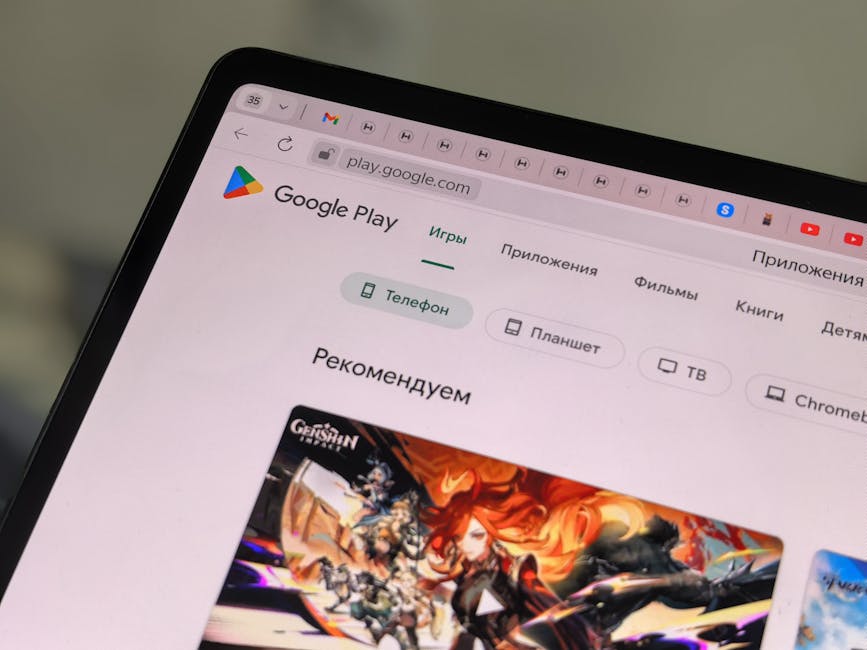Epic and Google Reach Settlement in Antitrust Lawsuit
In a major development concluding one of the tech world’s most-watched legal dramas, Fortnite maker Epic Games and Google say they’re settling their 5-year legal fight over the Android app store. The two giants announced they have reached an agreement, closing the chapter on a high-stakes battle over the rules governing the Google Play Store. The move comes just months after a US jury delivered a landmark victory to Epic, finding Google‘s app store practices to be anti-competitive.
This long-running feud has been a litmus test for the future of the digital economy, questioning the fundamental rules of how we download, use, and pay for apps on our smartphones. The outcome has been closely watched by developers and regulators worldwide.
Why Did Epic Games Sue Google?
The conflict first ignited in 2018 but exploded into the public eye in 2020. Epic Games, the studio behind the global phenomenon Fortnite, directly challenged Google’s payment policies. The developer introduced its own direct payment system within the Fortnite app, allowing players to purchase in-game items and V-Bucks while bypassing Google‘s billing system.
This was a direct assault on the so-called “Google Tax”—the 15-30% commission Google charges on all digital transactions made through its Play Store. Google’s response was swift: Fortnite was promptly removed from the app store.
Epic immediately retaliated with a prepared lawsuit, accusing Google of operating an illegal monopoly on Android app distribution. The lawsuit argued that Google‘s policies stifled competition, limited consumer choice, and locked developers into an unfair revenue-sharing model. This legal challenge mirrored a similar fight Epic waged against Apple, positioning the game developer as a crusader against mobile app store gatekeepers.
From a Landmark Verdict to a Sudden Settlement
Throughout the legal battle, both companies presented their cases. Google defended its commission as a necessary fee for maintaining the security, infrastructure, and distribution services of the Play Store. It also argued that Android‘s ecosystem is more open than Apple’s iOS, as it allows for “sideloading”—installing apps from third-party sources.
However, in a stunning decision in December 2023, a federal jury in California sided overwhelmingly with Epic Games. The verdict concluded that Google had engaged in anti-competitive behavior through its Play Store policies and used secret revenue-sharing deals to suppress competition.
With Google facing court-ordered mandates to overhaul its multi-billion-dollar Play Store business, the pressure to find a resolution mounted. Today’s settlement announcement brings that legal uncertainty to a close, although the specific terms remain confidential.
What the Settlement Means for the App Economy
While the details of the agreement are private, the implications are vast. This settlement isn’t just about one game; it impacts the rules of the entire digital marketplace.
- For App Developers: This could signal a move toward a more equitable ecosystem. A potential relaxation of billing policies could allow developers to retain a larger share of their revenue, fostering innovation. This outcome will likely influence ongoing regulatory scrutiny from bodies like the Competition Commission of India (CCI) and the European Commission.
- For Android Users: In the long term, the effects could translate into more payment choices and potentially lower prices for apps and in-app purchases. If developers can use alternative payment systems with lower fees, they may pass those savings on to consumers.
Though Epic and Google have ended their direct conflict, the broader war over app store dominance is far from over. With regulators worldwide increasing pressure, the “walled gardens” of mobile ecosystems are facing unprecedented challenges. This settlement is not just an ending but a clear sign that the digital marketplace is on the cusp of significant transformation.




